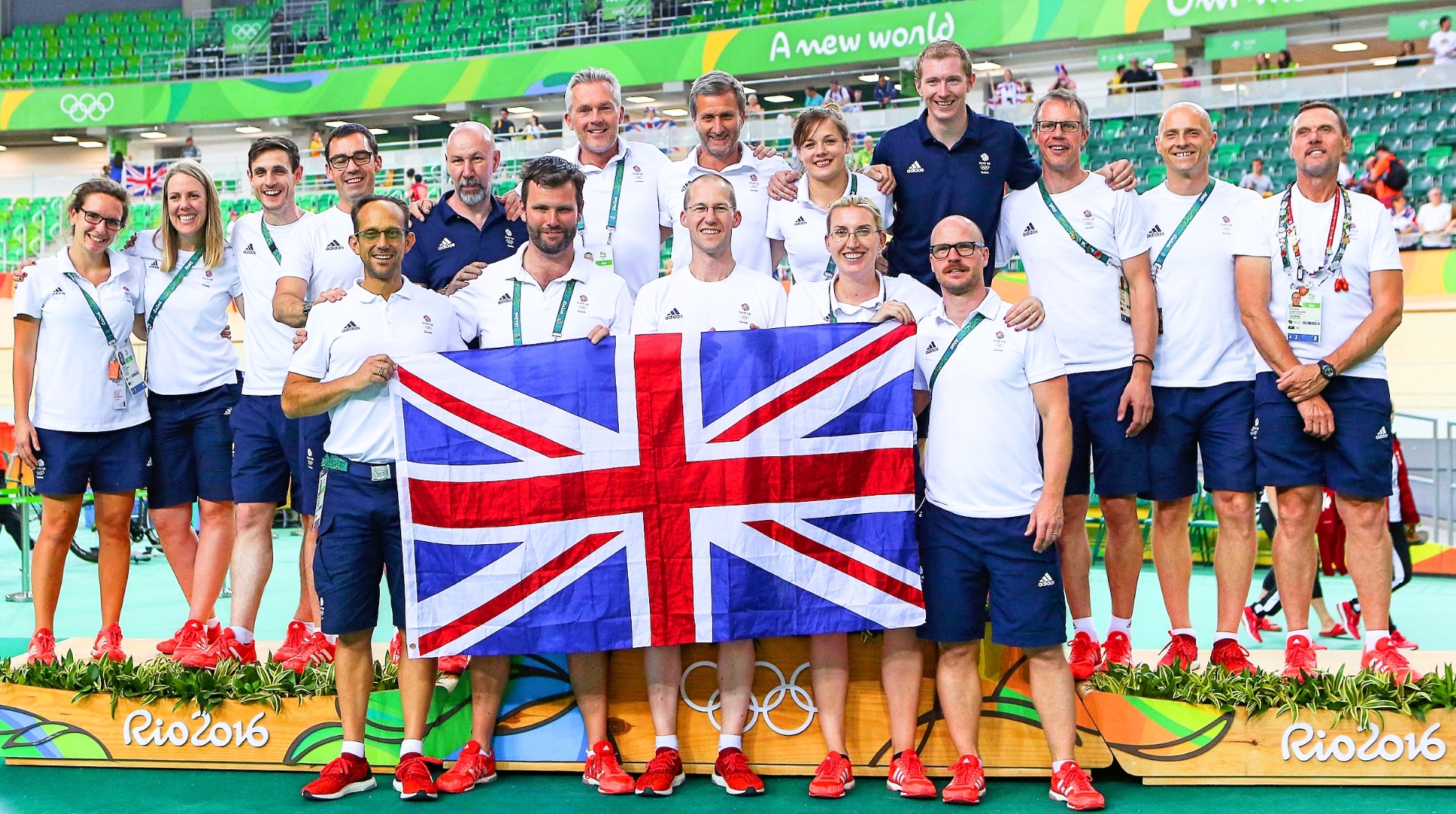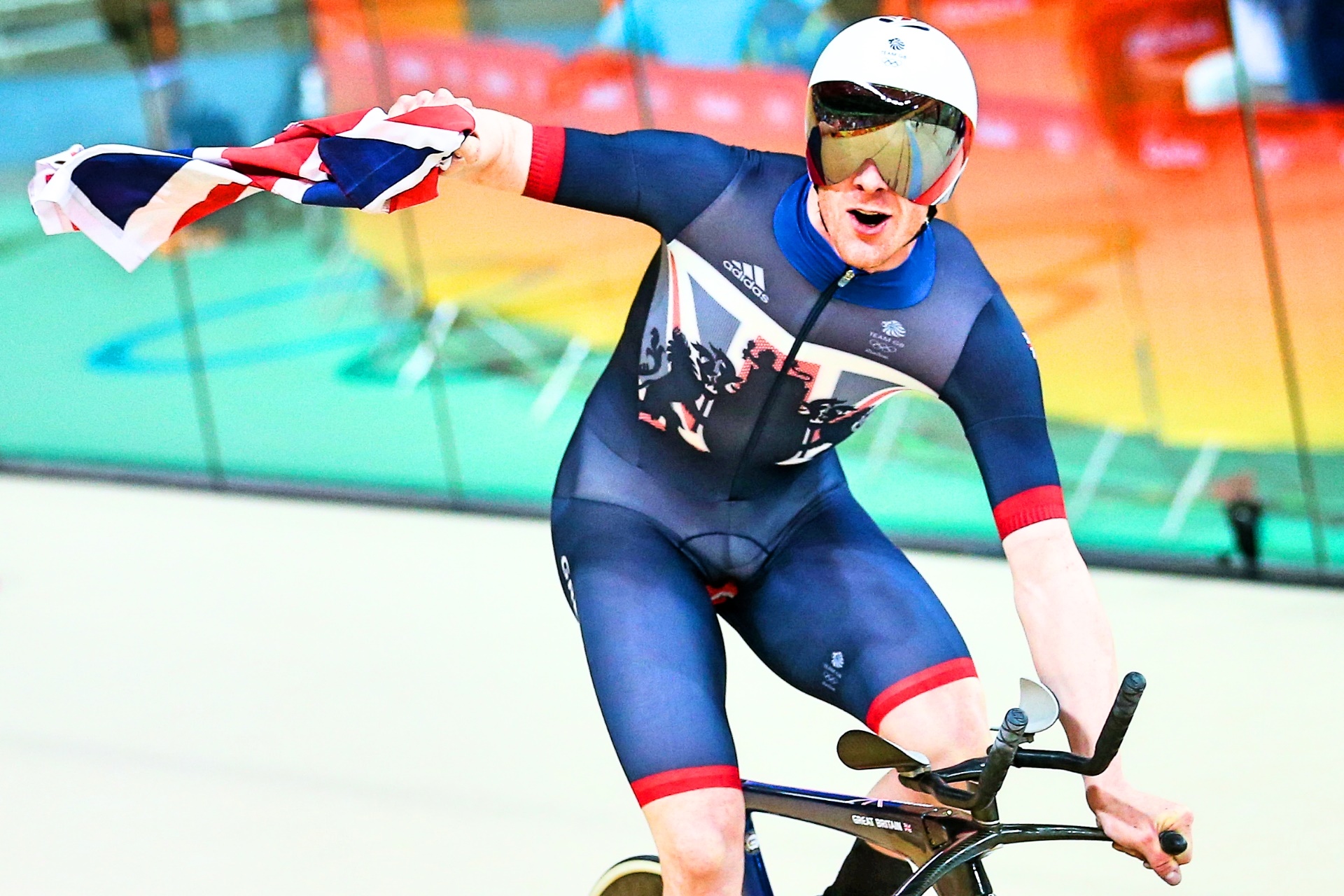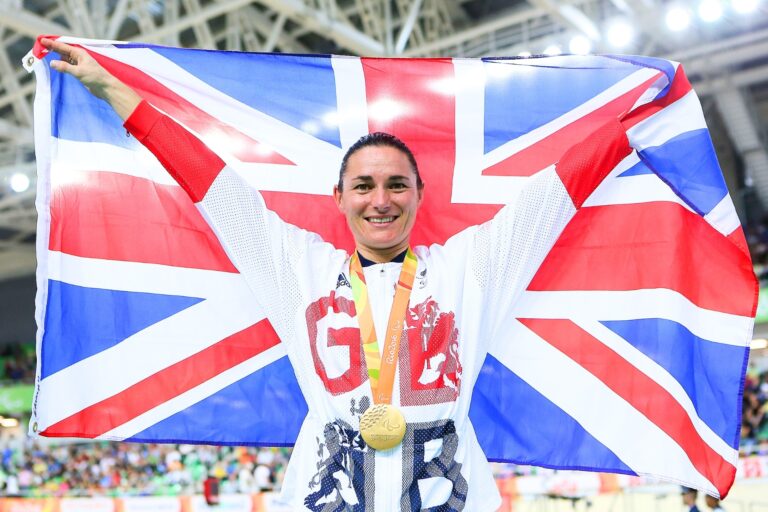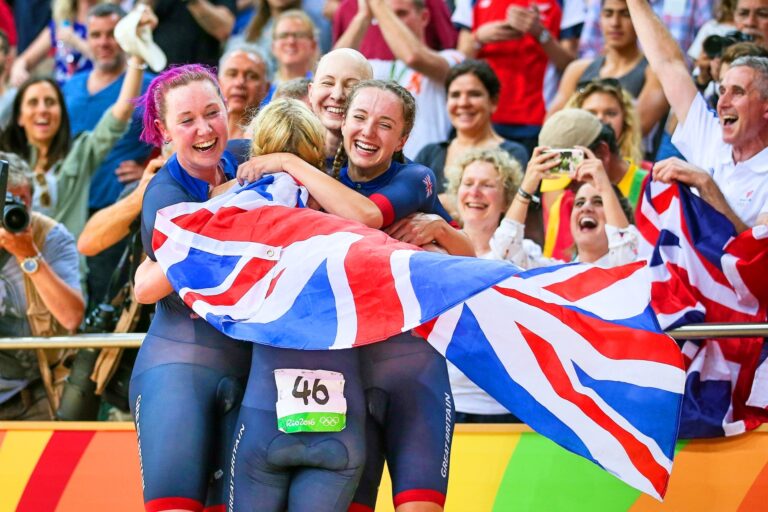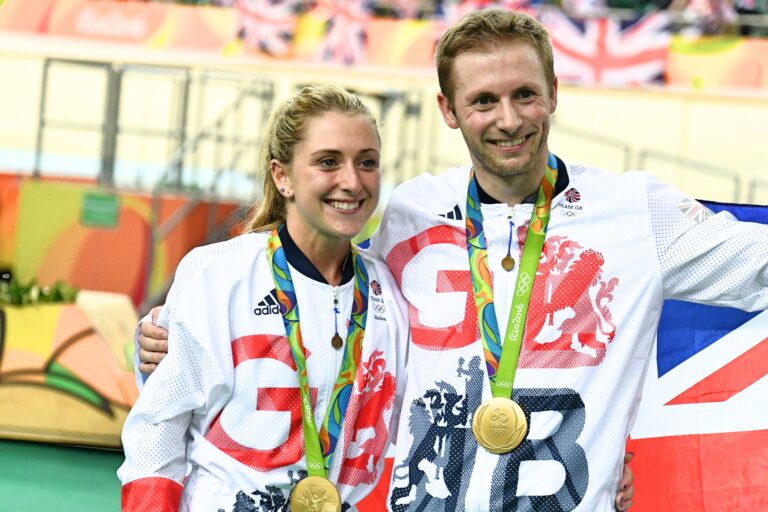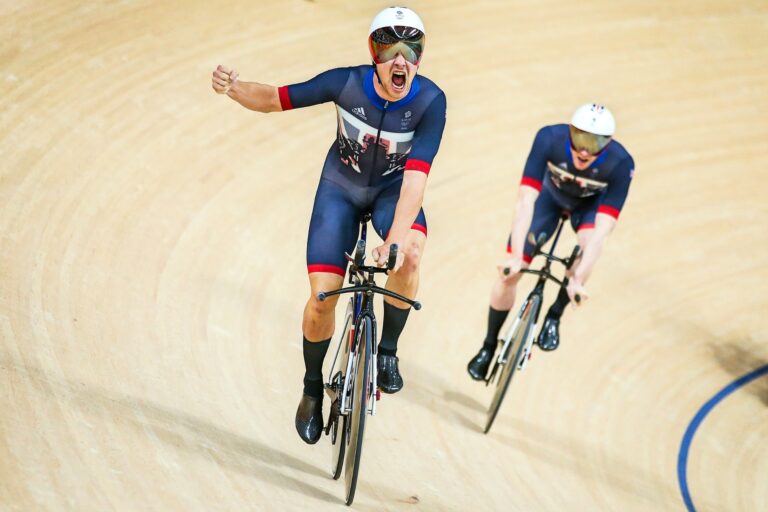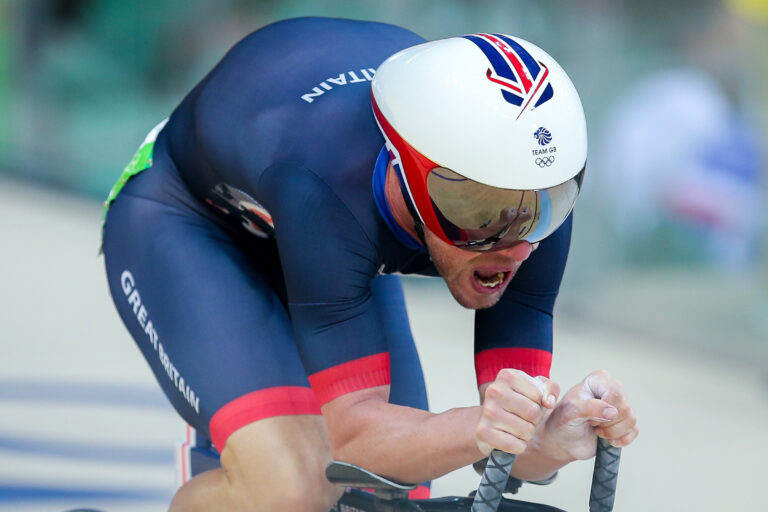It is the attention to detail which shines through more than anything. As part of his excellent co-commentary role on BBC Sport, Chris Boardman gave an insight into how marginal gains have constantly been sought.
Everything from kit to bike position, diet to daily life, have been looked at to see what gains can be made in the pursuit of faster times and more medals.
Head physio Phil Burt, a bike fit specialist, did a recent interview with The Guardian in which he said research had been done into the effects of waxing and epilating on the women in the team, and comfort in the saddle – with changes made as a result.
Quite literally, no stone has been left unturned, meaning just as the rest of the world thinks it has caught up, the Brits take another step (or should that be pedal-stroke?) forward.
“Just as the rest of the world thinks it has caught up, the Brits take another step forward”
I was asked to predict how many medals the Brits would get on the track at these Games and – based on their recent performances – settled on three golds, two silvers and a bronze.
Instead, Britain will be returning from the Games with six golds, four silvers and a bronze – with every single one of the riders to have raced on the track in Rio having won a medal (only reserves such as Ciara Horne, who didn’t get a ride in the women’s team pursuit, missed out).
Even based on their past Olympic Games performances we didn’t see this one coming. For Tokyo, perhaps a safer prediction would be golds across the board.
And yet, as British Cycling continues the pursuit of excellence, such a prediction might not actually be far off.
